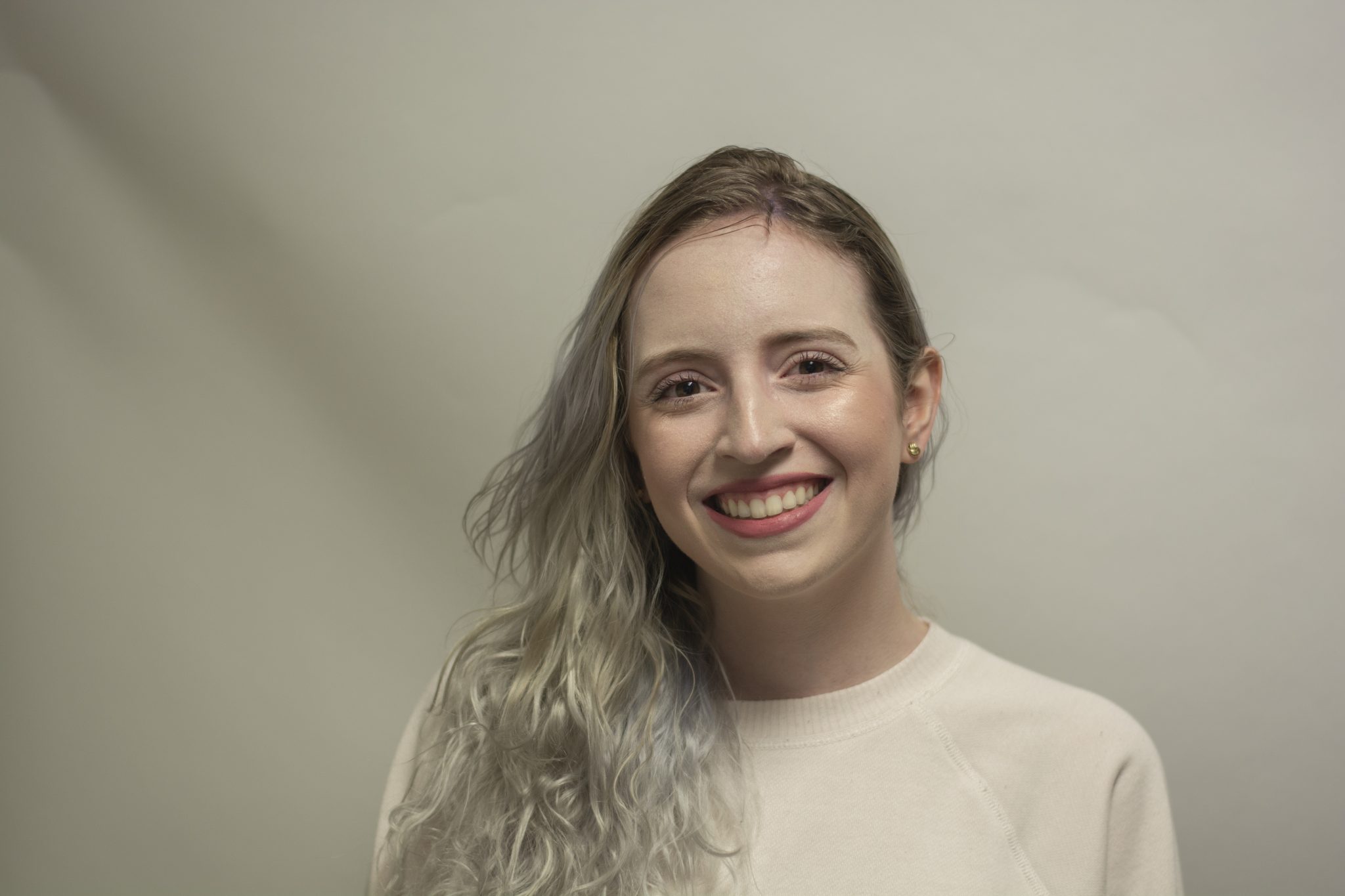Editor’s Note: Living with an invisible illness

As someone who lives with an “invisible illness” — type 1 diabetes — I have gone through a lot of trouble in order to ensure that it is, in fact, invisible to other people.
With the exception of very close family and friends, I purposefully hide the aspects and realities of living with this disease when I’m out in public, in class or at work.
It’s an uncomfortable routine that I’ve adopted — quietly counting carbs using my phone, testing my blood sugar and injecting insulin in private — all things that I choose to do away from other people.
I’ve realized, especially lately, that I not only hinder myself with my (sometimes lengthy) efforts to keep it so secretive and unnoticeable, but I’ve started to feel like it’s a disservice to other people who have to live with invisible illnesses and diabetes themselves.
An invisible illness is basically an umbrella term for a medical condition that isn’t easily visible to others and it can make those who live with it appear “normal” to everyone else.
I was diagnosed with type 1 diabetes when I was 13, and it completely changed my life. I had never faced so much scrutiny, ignorance, pity and unkindness up until then, and it caused me to develop a deep sense of shame about something that I have to live with every single day.
I was suddenly thrust into a world where people would constantly ask me questions, make comments about my health, or, more generally, treat me like I wasn’t a person worthy of basic respect or dignity because of my diabetes. It was suddenly everyone else’s place to chime in about what I should and shouldn’t be doing, how I could “cure” it on my own with diet and exercise, the ways it was probably my fault that I had it and that I would likely have a short lifespan because of it.
Understandably, people tend to have a lot of questions when they’re confronted with something they’ve never seen before and don’t have any knowledge about, especially when the knowledge they do have is merely based on stereotypes and what they’ve seen on television.
During the period of high school when I used an insulin pump, the amount of embarrassment that I had when it would beep in class, leak, or fall off my belt would be enough to ruin an entire day for me.
Injecting insulin and checking my blood sugar around others can open up a whole world of other judgements, and it caused me to develop a significant amount of self-consciousness about a life function that I need to attend to several times a day in order to stay alive.
And while I will never enjoy some of the ignorant comments that are thrown my way — like gems such as “you have diabetes? My aunt had to have her leg amputated because of that” — I’ve come to the realization that trying to completely erase it won’t make things much better either.
I can’t expect people to understand or sympathize with my struggles if I constantly go out of my way to pretend like my diabetes doesn’t exist. No, no one can really “get it” unless they have it themselves, but maybe I can start more conversations about it and open up a dialogue that encourages less bias and more acceptance surrounding something that is relatively undiscussed.
I’ve always been so desperate to be treated just like everyone else, to blend in and not have a label attached to me because of something I have no control over, but it doesn’t have to define me — I’m just in the best position to help people become more educated about the disease that I happen to have.
Answering questions that stem from genuine curiosity is something that I will always be receptive to doing, and regardless of some of the negativity that it may generate, I think I owe it, at least to myself, to be more accepting of a disability that shouldn’t cause me shame and self-loathing.
As much as it truly sucks sometimes to live with it, and it’s by no means easy, I’m stuck with it — unless science truly prevails and pulls through in my lifetime — so I might as well embrace it in the best way that I can.


